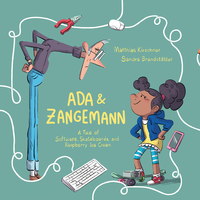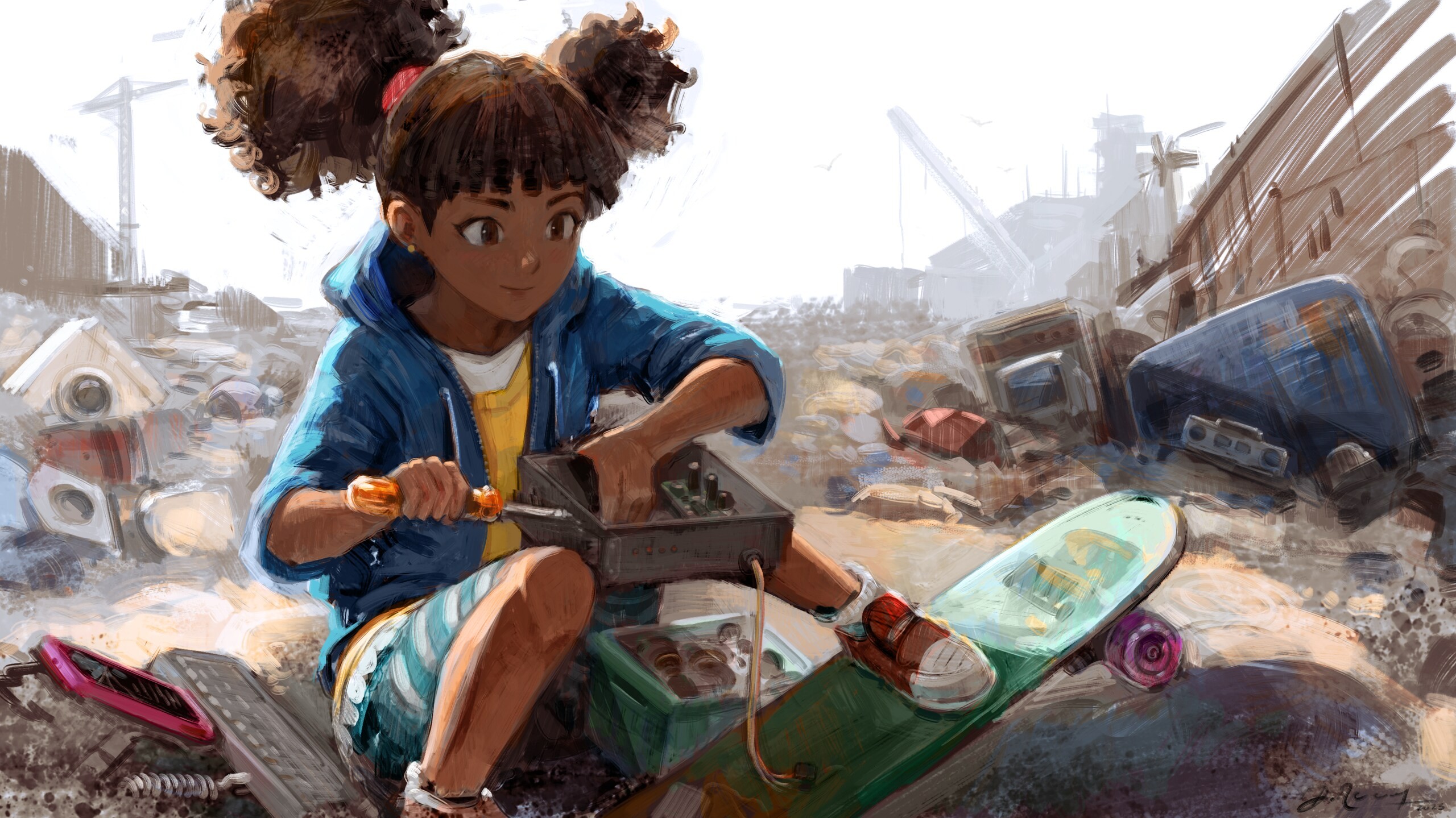Open Ed Tech: Where Can I Start?
This article opens with the well known idea of using (free/libre/open) tech for teaching (free/libre/open) tech skills, but it is not about that, at least not directly.
This article opens with the well known idea of using (free/libre/open) tech for teaching (free/libre/open) tech skills, but it is not about that, at least not directly.
I wrote this piece in response to a particular organisation that empowers local people to create tech solutions matching community values, on hearing they chose to use Discord because of its “usability”.
I was dismayed. To me, the choice embodies the opposite of the organisation's values.
“Discord is great for enabling our community,” people tend to say: it's “free”, and it's great to use, once you're inside. I know. Those are some more-or-less correct facts about it, on the surface.
So what's my beef with it? Why am I so upset that I spend hours writing this? Why can't I just see the value in it, see the pragmatic decision, see that using it benefits the community's work, and be happy for us all?
I nearly replied on the spot, a quick denigration of the decision, but I realised it deserves a much more detailed and balanced response. I think about this stuff all the time. I should be able to express my position clearly and helpfully.
My immediate reaction: I'm so fed up with seeing one supposedly public-values project after another locking itself in to yet another walled garden. I'm fed up with one supposedly open-participation community after another assuming I'm willing to subject myself to yet another Big Tech walled garden if I want to engage. There's a reason I ditched Google and the rest: because I care about using open tech, community-values tech. I care about not being forced into using and depending on a third party against my will, especially when that's a company working in opposition to my values.
You, the community organisers, will certainly have thought of this, I soon realised, and I suppose you decided you need to prioritise a higher level kind of community tech: getting people to work together to create something their community owns, even if they don't own the tools for doing so. That's the main goal of your work and I respect and admire your endeavour. Of course you have to focus on that, and make it possible for your contributors to focus on that.
First, I'll unpack why I'm dismayed. Second, how to keep the gate open (by bridging), as a practical and community-valued way forward if one portion of the community is going to be using Discord.
Nice campaign page! Fedigov.EU
Federated communication for public authorities
Communicate confidently and respectfully with the public
Congratulations to GNU/Linux.ch and FSFE-CH for this initiative! I love what you're doing here. I think maybe I want to get involved.
I'm a FLOSS dev and thinker, and recently blogged about how we need to be doing exactly this kind of campaign. I'm delighted that you are! Though I'm no PR expert I have some ideas. In my Social Media Links for A People-Centred Community, the messaging I made up begins,

This is how we explain to children the importance of software freedom!
Ada & Zangemann – A Tale of Software, Skateboards, and Raspberry Ice Cream
I've been waiting for this ever since I heard about it last year. Now available in the UK, I bought mine from Hive Books .
“In this hopeful story Ada and her friends join a movement that started back in 1983. Their courageous adventure of software freedom and learning how technology works is a wonderful way to introduce young people everywhere to the joys of tinkering!” —Zoë Kooyman, Executive Director, Free Software Foundation
How powerful! What great makers and engineers we can inspire! Let's get a copy into every library and every school!
UPDATE: Look! David Revoy, awesome software-freedom artist famous for Pepper&Carrot, drew this impression of Ada — great to print as a poster or (dimmed) as a screen wallpaper — creative-commons licensed CC-BY-SA. Hi-res downloads, licence, etc.

Grown-ups: read Cory Doctorow's book The Internet Con: How to Seize the Means of Computation (ebook, audiobook, USA); or from Hive (hardback, UK). “When the tech platforms promised a future of “connection,” they were lying. They said their “walled gardens” would keep us safe, but those were prison walls. The platforms locked us into their systems and made us easy pickings, ripe for extraction... Doctorow explains how to seize the means of computation, by forcing Silicon Valley to do the thing it fears most: interoperate.”
School communities are begging Google to continue supporting Chromebooks beyond the scheduled end date this year. I wish them success with their short term goal. However, I wish more dearly that they would have an opportunity to learn about the down sides of corporate involvement in education, and about ethical alternatives.
Whichever way the petition goes, the media focus there will on Google pushing their Big Tech, likely framed as “generosity”, which we recognise as an anti-pattern. It would be good if we could avoid wasting our energy engaging directly with this news story but instead, riding the wave of it, promote our own story.
Could we write a story something like this?
Having placed all of their eggs in Google's gift basket of once shiny Chromebooks, now rusting away, some schools react by begging the Big Tech for an extension. Meanwhile the [Codename: Ed Foundation?] is preparing to show school leaders a more wholesome future aligned with educational values, with the launch of *[Codename: Ed Suite?]*
You! You, university! You, sports club! You, local library, city council, school, church, youth group! Your social media links could look like this:
Join us in our own spaces! — [Mastodon] – [Pixelfed] – [Friendica] – [PeerTube] ...
— [Blog] – [Fediverse] – [Matrix] ...
We are also on commercial media: — [G] [A] [F] [A] [M] ...
with an explanatory footnote or pop-up:
I wish our children could grow up making their digital footprints in their own digital gardens. In the current system our children visit shopping malls run by the Big Tech companies whose business model is to find every way to maximise profit from their “users”.
This is my list of Open EdTech resources that I see as helpful toward my goals.